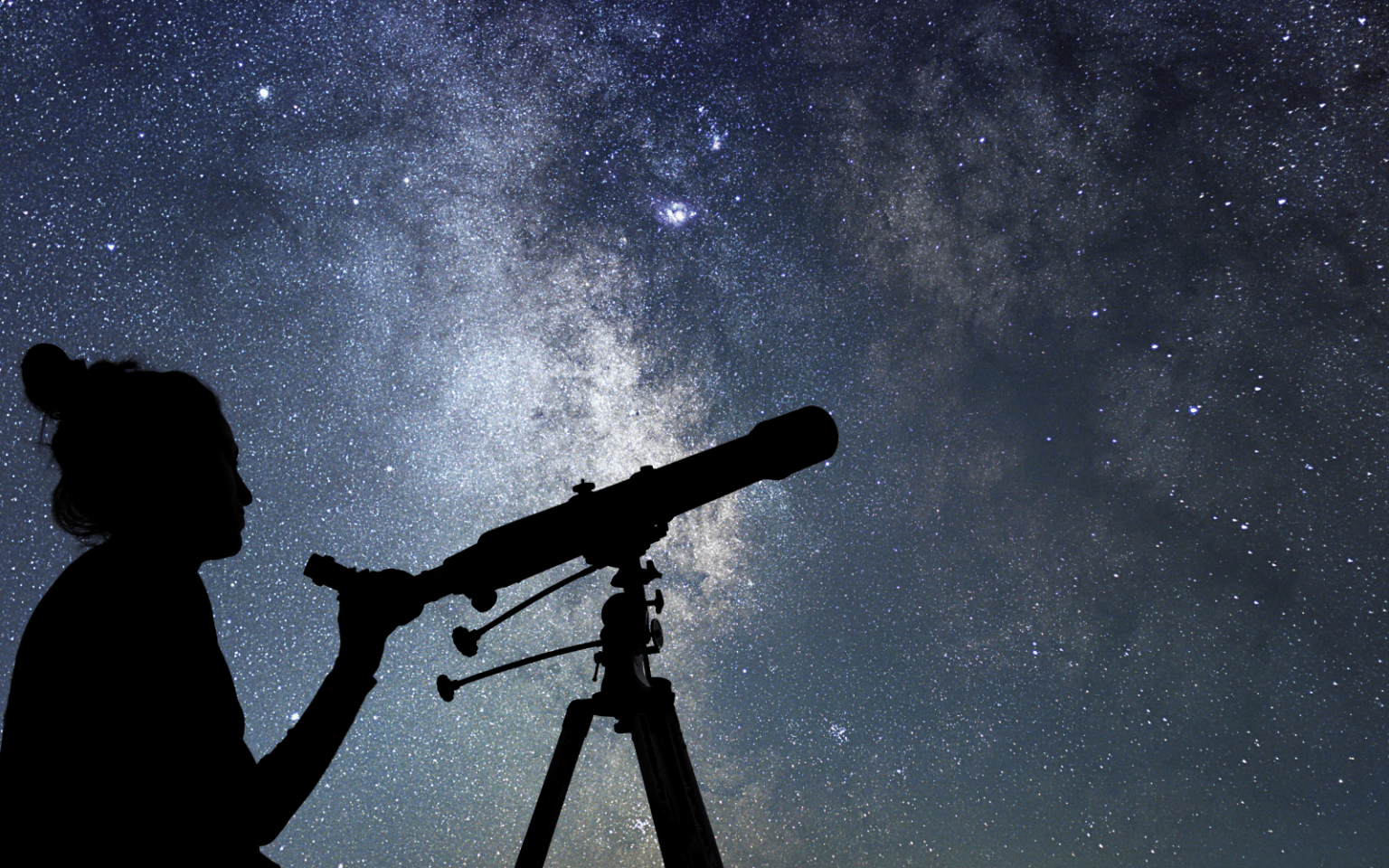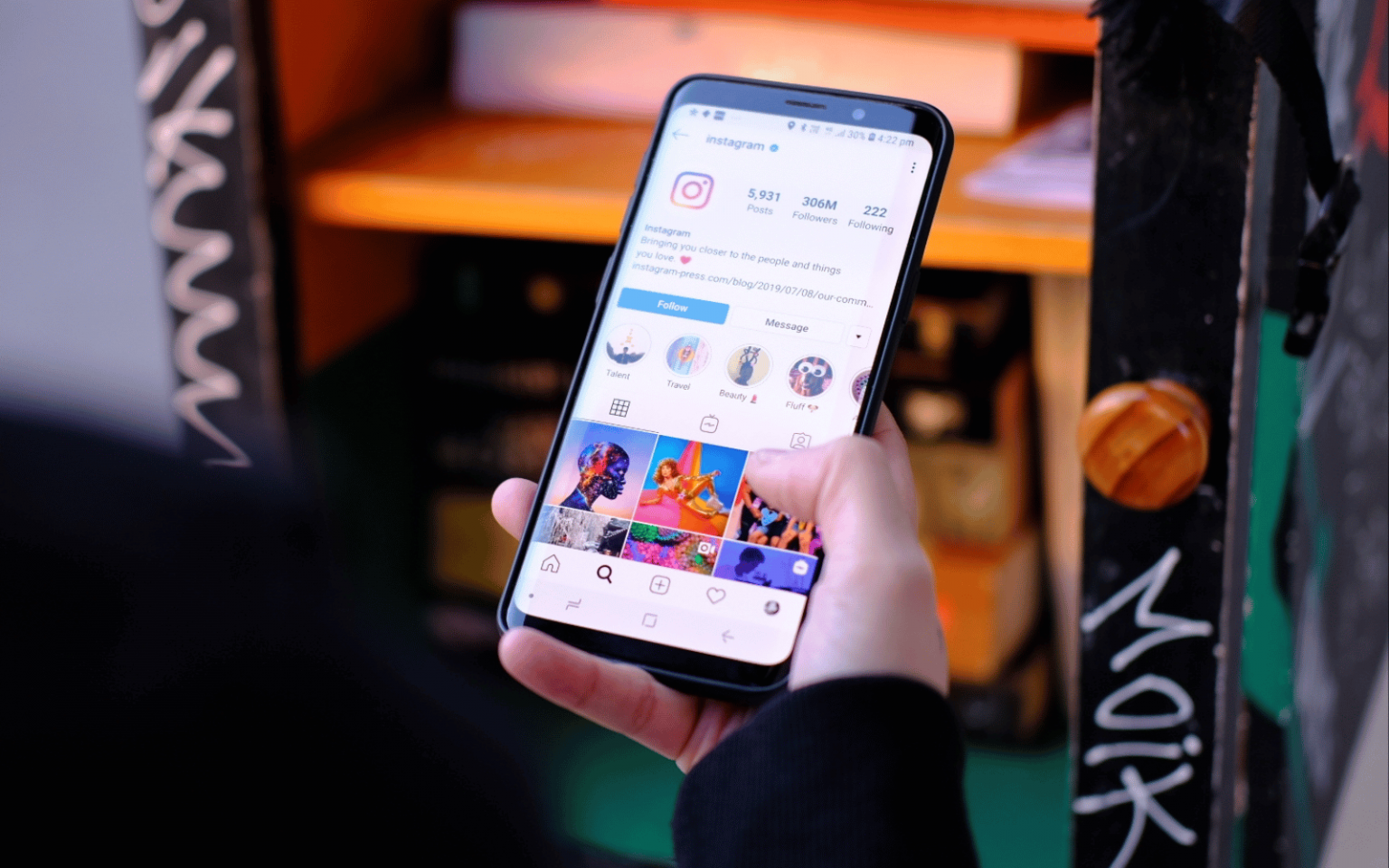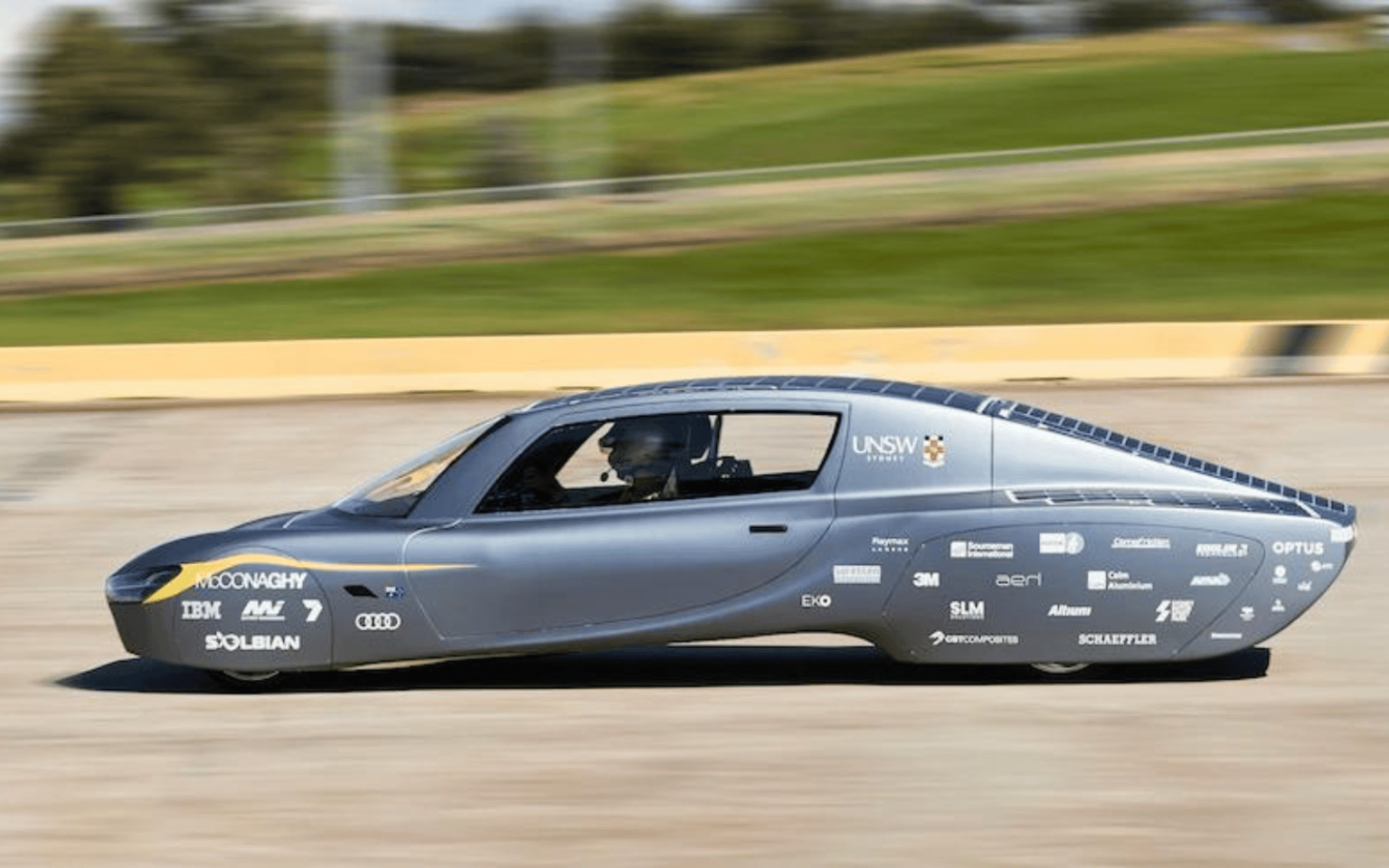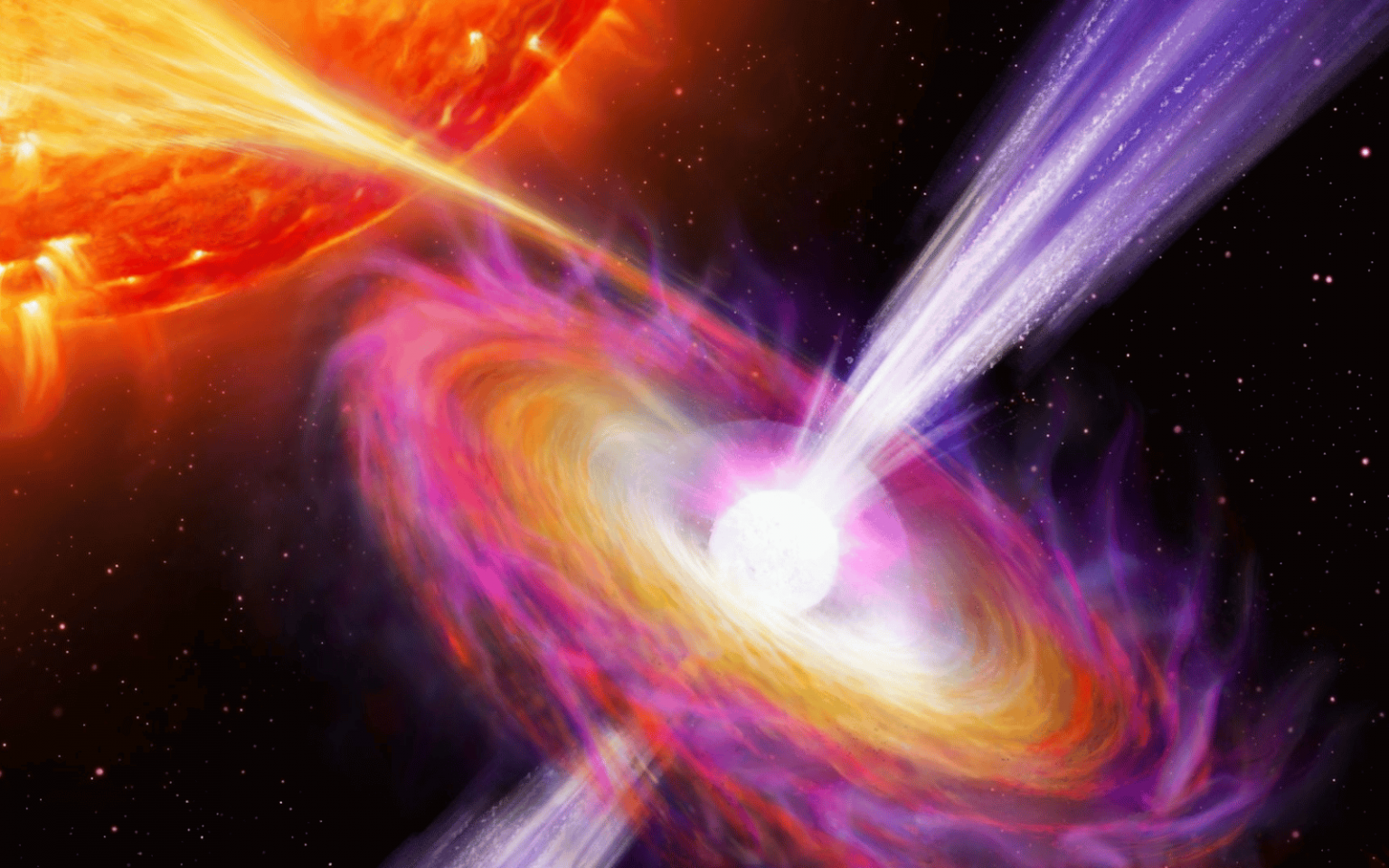Time and again, leading scientists, technologists, and philosophers have made spectacularly terrible guesses about the direction of innovation. Even Einstein was not immune, claiming, “There is not the slightest indication that nuclear energy will ever be obtainable,” just ten years before Enrico Fermi completed construction of the first fission reactor in Chicago. Shortly thereafter, the consensus switched to fears of an imminent nuclear holocaust. Similarly, today’s experts warn that an artificial general intelligence (AGI) doomsday is imminent. Others retort that large language models (LLMs) have already reached the peak of their powers. It’s difficult to argue with David Collingridge’s influential thesis that attempting to predict the risks posed by new…
Author: The Conversation
Staying competitive in the finance sector is vital, with many companies moving quickly to adopt artificial intelligence (AI) to reduce costs and streamline operations. But two companies recently came unstuck when the United States Securities and Exchange Commission (SEC) accused them of exaggerating their use of AI, marking the world’s first significant move in combating so-called “AI washing”. Delphia (USA) Inc. and Global Predictions Inc., boasted about using AI for designing investment strategies, but the SEC found their claims to be unsubstantiated. There’s much speculation around AI, especially with the generative technology app ChatGPT shaking things up. But amid all the hype,…
The James Webb Space Telescope, or JWST for short, is one of the most advanced telescopes ever built. Planning for JWST began over 25 years ago, and construction efforts spanned over a decade. It was launched into space on Dec. 25, 2021, and within a month arrived at its final destination: 930,000 miles away from Earth. Its location in space allows it a relatively unobstructed view of the universe. The telescope design was a global effort, led by NASA and intended to push the boundaries of astronomical observation with revolutionary engineering. Its mirror is massive – about 21 feet (6.5 meters) in diameter. That’s nearly three times…
Meta’s Instagram and Threads apps are “slowly” rolling out a change that will no longer recommend political content by default. The company defines political content broadly as being “potentially related to things like laws, elections, or social topics”. Users who follow accounts that post political content will still see such content in the normal, algorithmically sorted ways. But by default, users will not see any political content in their feeds, stories or other places where new content is recommended to them. For users who want political recommendations to remain, Instagram has a new setting where users can turn it back on, making this an…
Solar cars exist. The best place to see them is the World Solar Challenge, a race that’s held every two years in Australia. Competitors have to drive about 1,870 miles (3,000 kilometers), from Darwin on the country’s north coast to Adelaide on its south coast, using only energy from the Sun. Many cars that compete in this race look more like amusement park rides or science fiction vehicles than the cars you see on the road. That tells you something about why solar cars aren’t an option for everyday travel, at least not yet. Collecting enough sunlight While a lot of…
If you’ve looked in your utility drawer lately, you may have noticed the various shapes, sizes and types of batteries that power your electronic devices. First, there are the round, non-rechargeable button cells for your watches and small items. There’s also the popular AA and AAA cylindrical batteries for calculators, clocks and remotes. Then you have the rechargeable lithium-ion batteries in your laptops and phones. And don’t forget about the lead-acid battery in your car. I’m a professor who studies batteries and electrochemistry. To understand why batteries come in many different sizes and shapes – and serve many purposes – look to the…
The main water supply to South Africa’s economic hub, greater Johannesburg in the Gauteng province, and to the country’s breadbasket in the Free State, is scheduled to be cut off for six months. Maintenance work on the 37 kilometre Lesotho Highlands Water Project tunnel is due to begin in October 2024. Ifedotun Victor Aina, a senior researcher at the Water and Production Economics Research Unit at the University of Cape Town, takes a critical look at who could be affected by the shutdown and what might happen. What is the Lesotho Highlands Water Project? Why is it so important? It is a…
How fast can a neutron star drive powerful jets into space? The answer, it turns out, is about one-third the speed of light, as our team has just revealed in a new study published in Nature. Energetic cosmic beams known as jets are seen throughout our universe. They are launched when material – mainly dust and gas – falls in towards any dense central object, such as a neutron star (an extremely dense remnant of a once-massive star) or a black hole. The jets carry away some of the gravitational energy released by the infalling gas, recycling it back into the surroundings on far larger…
Do you ever use your cellphone while driving? Don’t feel too guilty about saying yes – nearly 60% of drivers admit to using their phone in hands-free mode while driving. But don’t become complacent either. Using your cellphone in hands-free mode while driving is not a perfectly safe activity, despite the impression you might be getting from laws, marketing messages and the behaviour of people around you. Fatal crashes caused by driver distraction have not gone down significantly over time: Distraction caused 14% of fatal crashes in 2017 and 13% of fatal crashes in 2021. Given that these numbers are calculated based on police-reported…
Outside the world of open-source software, it’s likely few people would have heard about XZ Utils, a small but widely used tool for data compression in Linux systems. But late last week, security experts uncovered a serious and deliberate flaw that could leave networked Linux computers susceptible to malicious attacks. The flaw has since been confirmed as a critical issue that could allow a knowledgeable hacker to gain control over vulnerable Linux systems. Because Linux is used throughout the world in email and web servers and application platforms, this vulnerability could have given the attacker silent access to vital information held…










